K-Food Your guide to K-culture in Singapore!
How To EAT Like A TRUE Korean!!
- Category Misc
- Area Korea
- Author KORDOTSIN
- 20-07-20 14:51
- Views 3,880
- reply 0
link
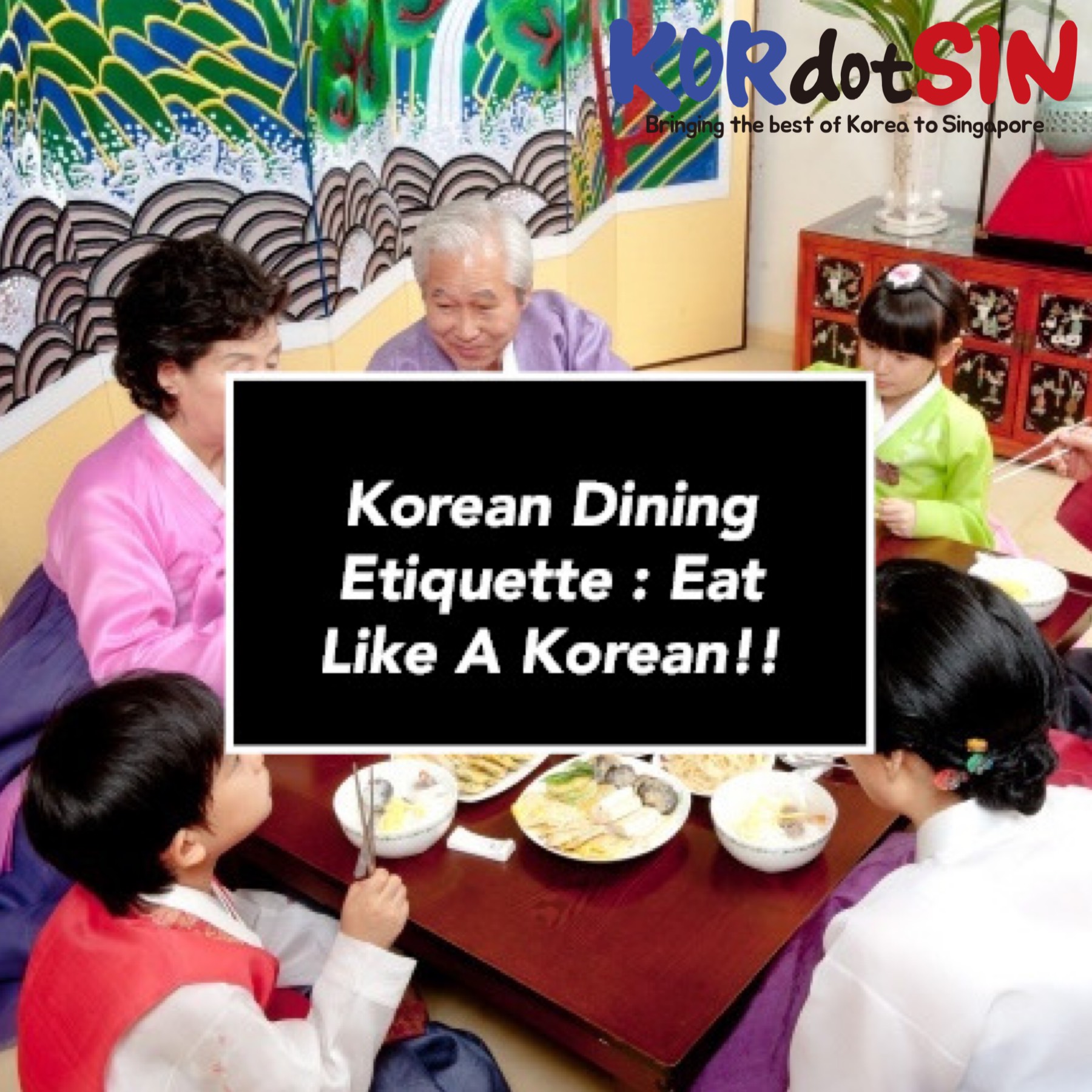
If you're planning on dining in one of the many amazingly-authentic Korean restaurants in Singapore, or are planning on visiting Korea after this coronavirus pandemic, you're going to want to know about the proper table manners and etiquette while eating food!
After reading this article from 90 Day Korean, you'll be able to amaze your Korean friends with your knowledge about Korean culture! And perhaps you'll also be able to score some sweet service items (FREE FOOD)!
Let's get it!
Korean Table Manner #1: Remember Rank
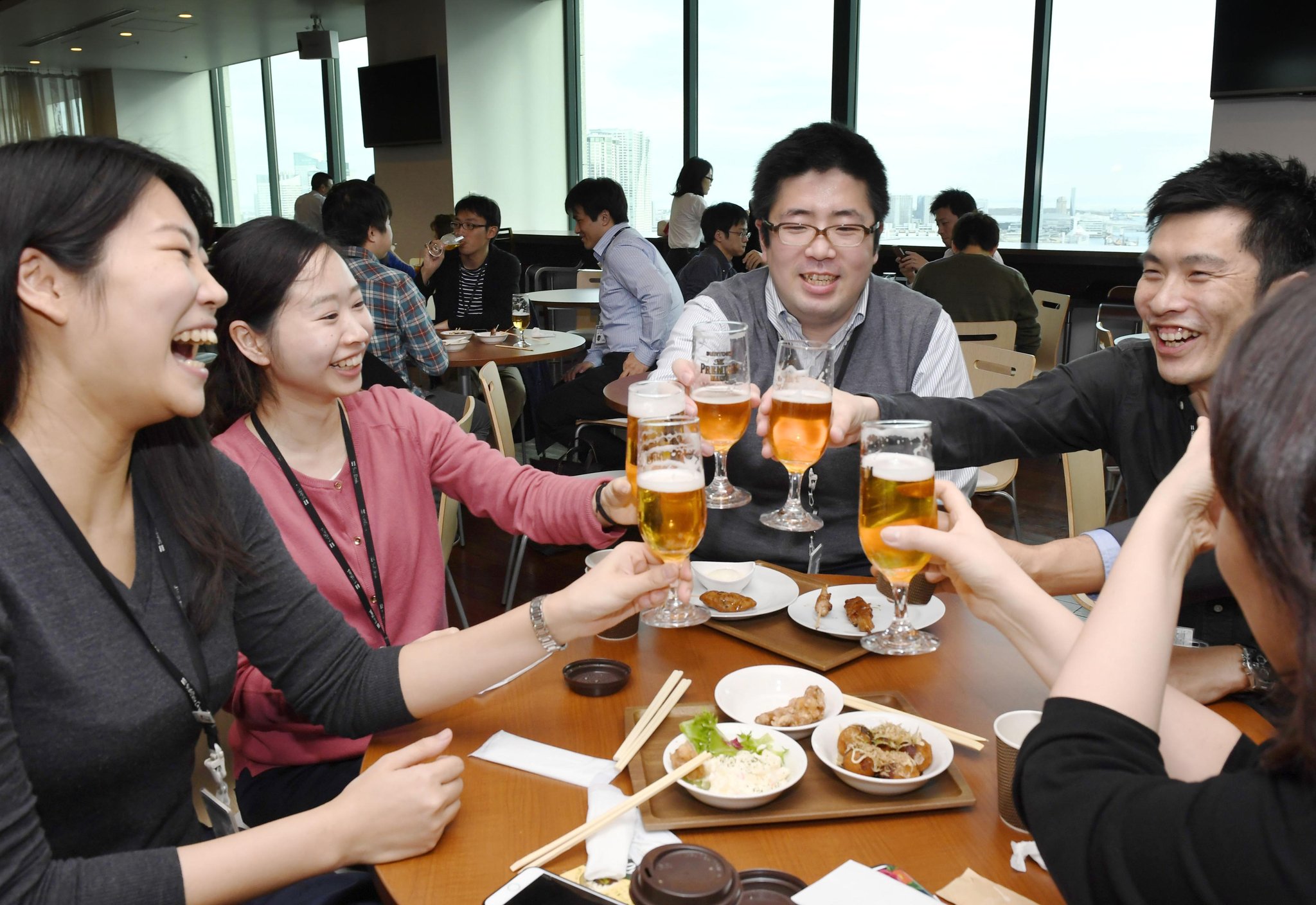
If you’re spending time working in Korea either temporarily or on a permanent basis, you’ll likely be going out to meals with your colleagues on a semi-regular basis. Eating out with coworkers is a great day to facilitate team bonding and to decompress after a long work day.
Whenever you are out for a company outing involving food, it’s important to be seated based on the social ranking of the group. The younger or lower ranked member of the group you are, the closer to the door you should sit, and only after your elders have already sat down.
As you can probably guess, this is also true if you’re visiting the family of a significant other or a friend — rank refers to social rank as well as rank within a professional environment.
Korean Table Manner #2: Oldest Eats First
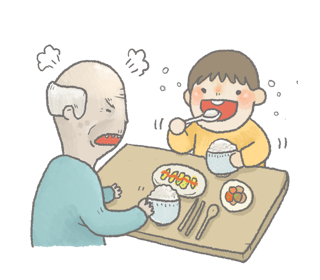
Once you’re seated for dinner, it’s also common courtesy to let those older than you to begin eating first before you get started on enjoying your delicious meal.
That’s why Koreans make an effort to ask your age early on — it gives them an idea of where you stand in situations like this, so they can interact with you without disrespecting you or making you uncomfortable. That way, they know how to treat you in these types of situations.
Korean Table Manner #3: Tell That You Will Eat Well
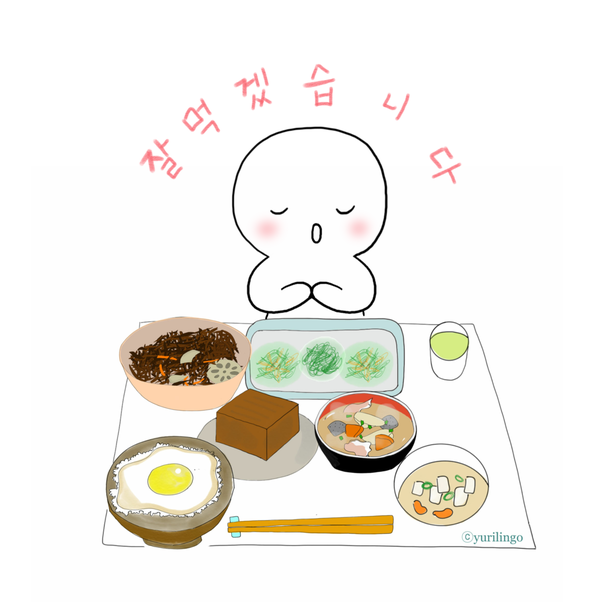
Before taking your first bite, it’s important to say that you will eat well, as a way of acknowledging that you are looking forward to the meal you are about to have. In Korean, this is expressed with the words Jalmeokgesseumnida (잘먹겠습니다), which in English would translate to ‘I will eat well’. This is a kind compliment to the chef, and it’s always nice to show gratitude! Sprinkle this phrase into your Korean dining experience and impress your host.
Korean Table Manner #4: Match Eating Speed
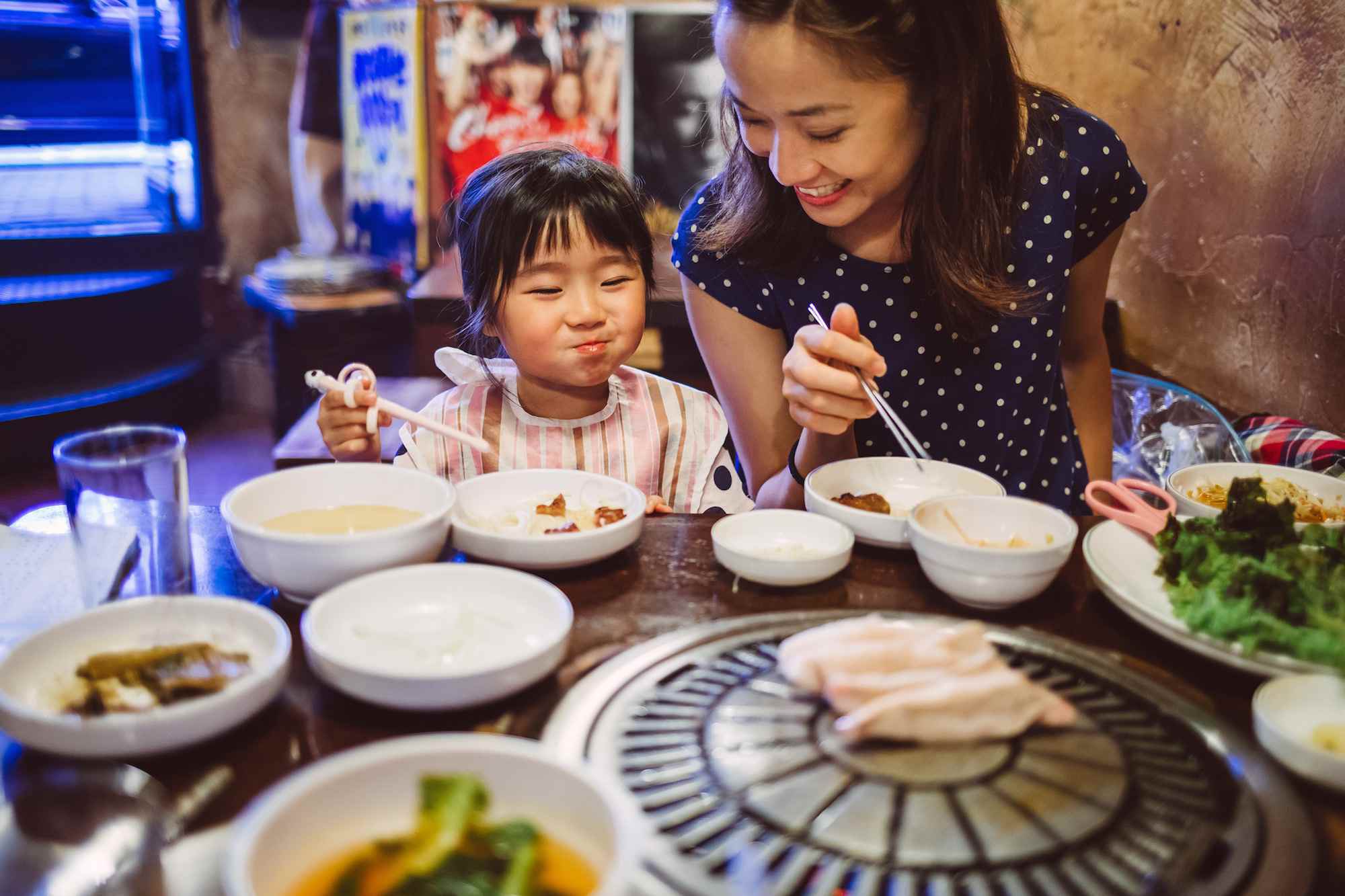
We know the food is delicious, but seniority matters!
Try to manage eating at the same pace as those around you. If you notice that you are going to be finished with your food while everyone is still on their first few bits, you might want to slow it down.
Trust me, we know how great food can be in Korea, but that doesn’t mean you have to finish it super quickly! That can make it look like you’re trying to rush the dinner and you’d rather not be there or you have somewhere else to be.
On the other hand, if you’ve barely touched your food and everyone else is almost done, it’s time to chow down! If you eat too slowly, your host may think that you’re not enjoying the meal and you’re trying to put off each bite.
It may seem like a lot to think about, but I promise that once you’ve dined a couple of times in Korea it becomes second nature and it won’t take away from you enjoying your meal. Just stay aware of what other guests are doing and make sure you’re at a similar pace and it’ll become second nature!
Korean Table Manner #5: No Lifting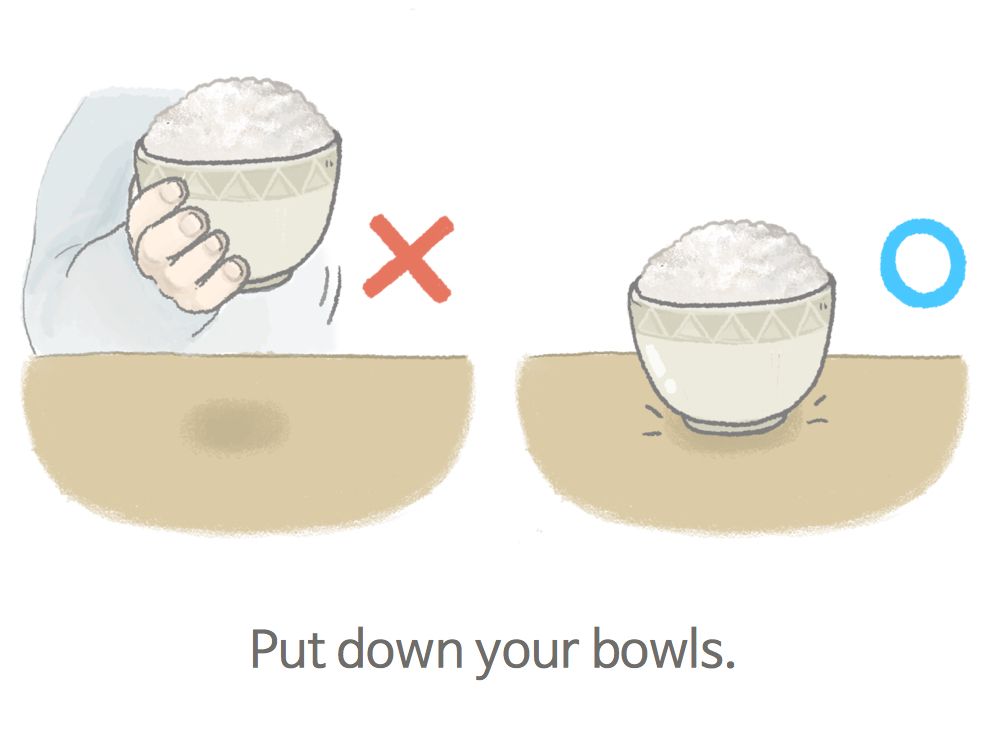
Unlike in many other Asian countries, in Korea it’s unusual to lift your rice or soup bowl while eating your meal. Please keep it on the table throughout the meal, and use your spoon to eat the rice instead of chopsticks.
It can be tempting to lift your soup bowl to slurp up the remaining liquid if it’s especially delicious, but as you’ve probably guessed, that doesn’t look great when you’re at a dinner party. Don’t worry, your spoon will be just fine at getting those last few bites into your mouth! No lifting required.
Korean Table Manner #6: Utensil Etiquette
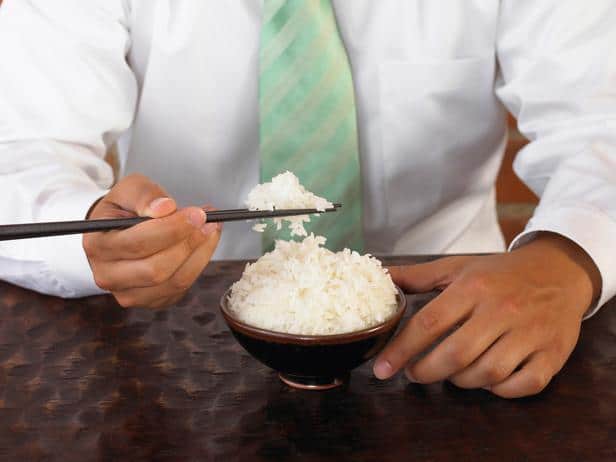
When dining in Korea, there is even specific utensil etiquette that you should observe. You should hold your spoon and chopsticks in different hands. Also, try using only one utensil at the time — this usually means that you’ll decrease the likelihood of spilling food on yourself as well. Multitasking isn’t always best when it comes to eating and enjoying a meal!
Korean Table Manner #7: Big and Small Plates
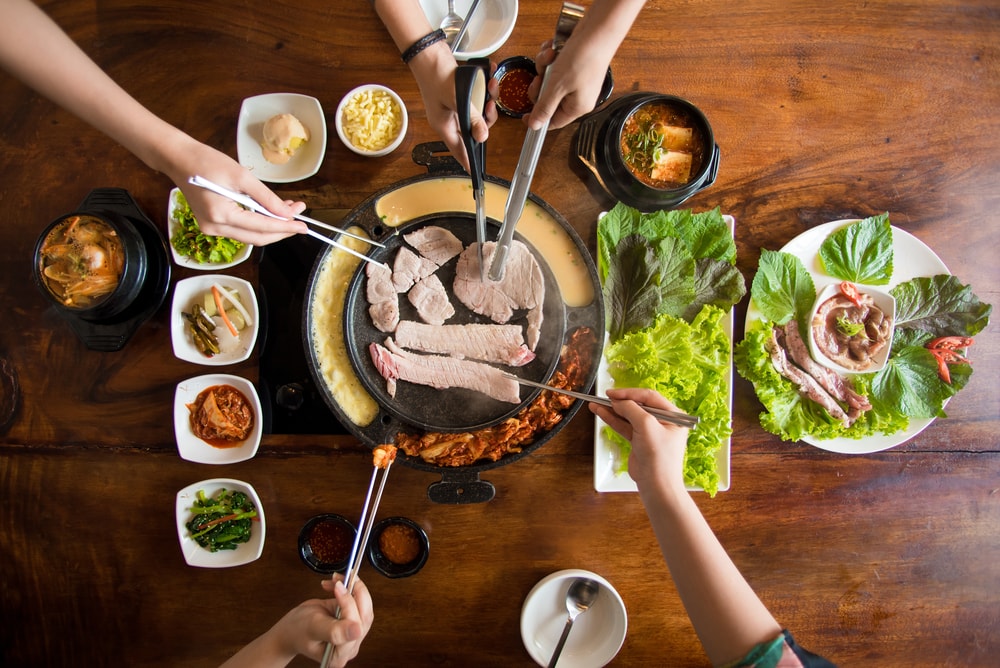
A lot of the Korean dishes are served on one big platter and served among all the eaters, so take advantage of the small individual plate you have for eating the food. Don’t eat directly from the large plate, no matter how tempting the dish is! Make sure each dish is served onto your smaller plate before getting started on the meal.
Korean Table Manner #8: Alcoholic Drink Etiquette
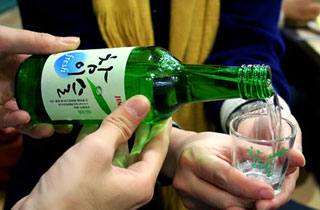
Especially in the case of an alcoholic drink, pour drinks for others first, and let someone else pour yours! If you see an elder with an empty glass, try to fill it up as soon as possible as a common courtesy and a sign of respect.
If your elders offer you a drink, unless there is an extreme reason why you cannot drink, don’t refuse it. Graciously accept and enjoy!
As for actual drink pouring etiquette, hold your cup with both hands when you have alcohol being poured into it to prevent the cup from being knocked over and spilling the liquid. Also, hold the bottle with both hands when it’s your turn to pour the alcohol to help ensure that you won’t spill anything on the table while you’re pouring.
Alternatively, you can also place one of your hands under your pouring arm when pouring or lightly over your elbow if you are the one receiving the drink — both options are perfectly acceptable and respectful.
Korean Table Manner #9: Chopstick Placement
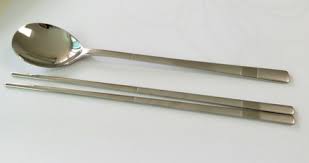
What is also considered quite rude among Koreans is if you stick your chopsticks straight into your bowl of rice (not to mention that it looks pretty silly). This is because it resembles what happens at a Korean funeral ceremony, which you definitely don’t want to think about at dinnertime!
Keep your chopsticks on top of the bowl or beside the bowl on the table instead to avoid a faux pas. Korean chopsticks don’t typically come wrapped in paper, but often there will be a small glass or ceramic item for you to rest your chopsticks on.
If that isn’t the case, you can rest your chopsticks with the end of the chopsticks on the edge of your plate or your bowl to keep them from directly touching the table. It’s advisable to put your utensils back on the table once you’re finished with your meal to indicate that you’re done, although a lot of Koreans also leave them on top of their plates or inside the bowl, provided that it’s empty.
As far as your napkin goes, when you’re finished with your meal, place your used napkin folded on top of the table. This is an additional indication to your host that you’re done eating and satisfied.
Korean Table Manner #10: Timing Your Finish
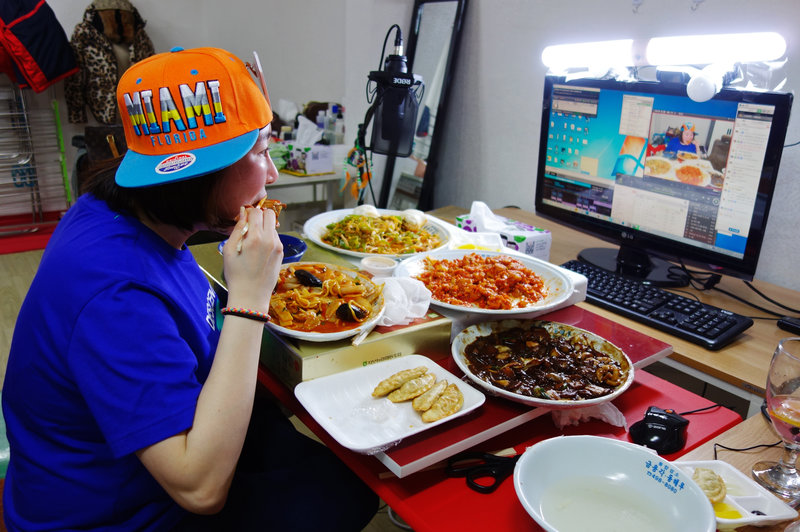
Relax! Dining out isn't a mukbang!
Finish your meal only once the oldest ones have finished with their meals, and try your hardest to finish everything in your bowl or plate. The timing of the meal entirely revolves around rank, so you’re not off the hook after you let the eldest guests start eating first.
Stay aware of how quickly they’re eating their meals, and make sure you time it so you finish after them (but don’t be TOO far behind). It sounds like a lot of work, but I swear it’ll be second nature to you in no time!
Korean Table Manner #11: Use a Clean Spoon for Serving Side Dishes
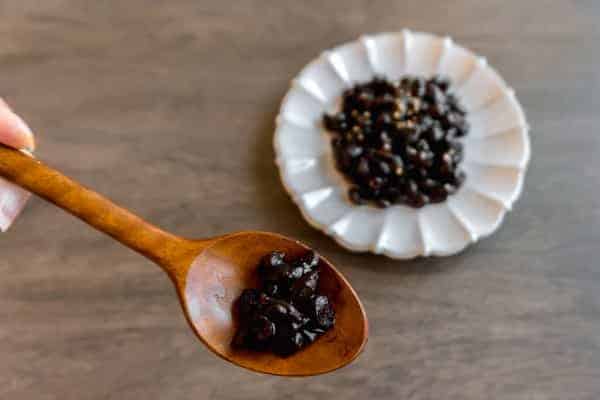
If you’re eating a meal in Korea and side dishes are ordered, chances are that you’ll be sharing the sides with other guests at the table. Along with the etiquette rules above about who to serve first, you should also be aware of what you’re serving with. For everyone’s sake, make sure you use a clean spoon when serving the sides — otherwise, you’ll inadvertently get your old food from the dirty spoon mixed in with the side dish (which is never fun).
Korean Table Manner #12: Don’t Extend Your Reach Too Far
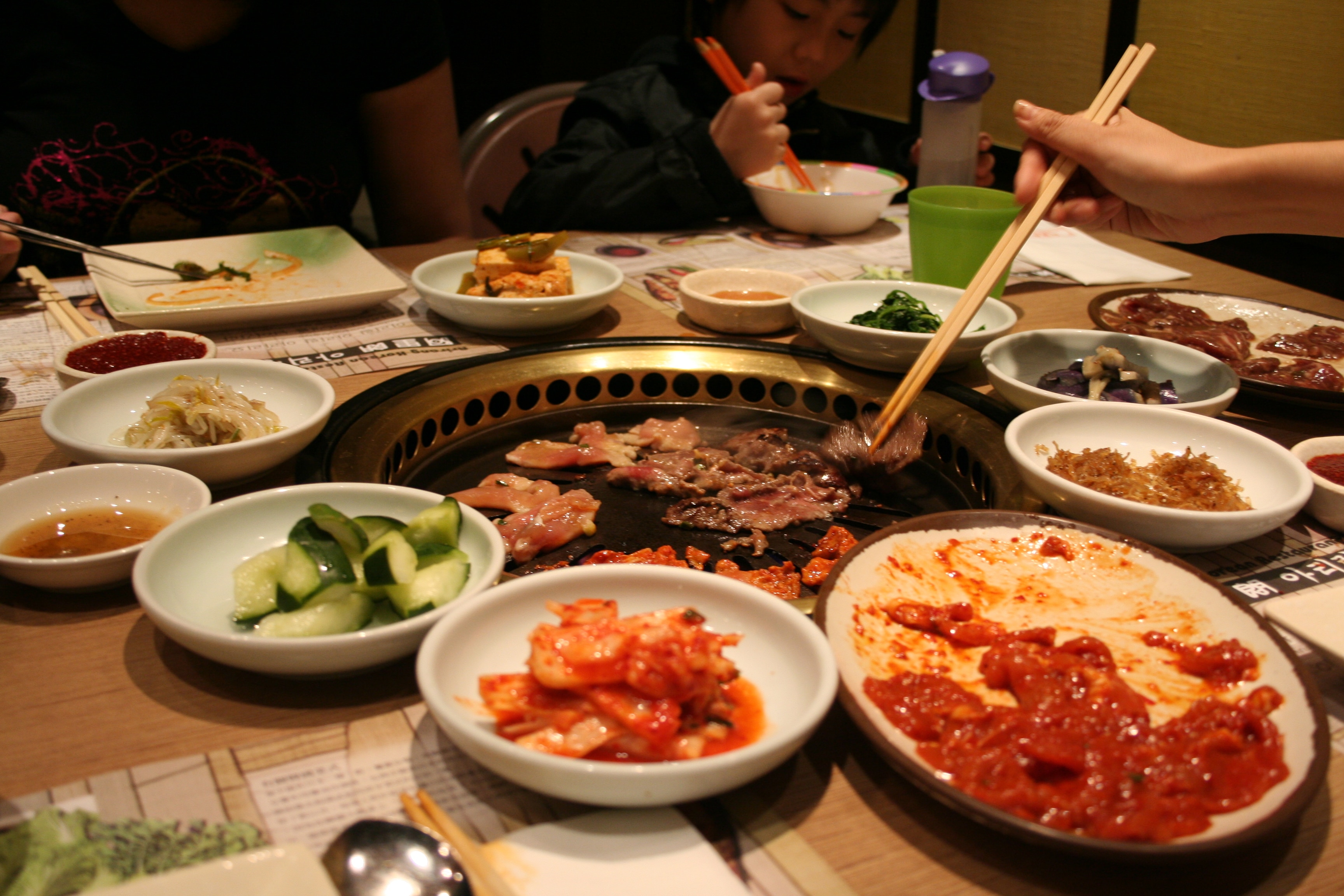
Korean food is absolutely delicious, and it can be tempting to reach across the table and grab a dish from the opposite side of where you’re seated. Not so fast! It’s okay to reach forward and grab dishes that are close to you, but it’s considered poor manners to extend your arm across the table and reach for dishes that are further away. As a general rule, try not to extend your arm so far that your elbow passes the edge of the table.
Korean Table Manner #13: Be Aware of Toasting Dos and Don’ts

Everyone loves a good toast, and this is true of Korean diners as well! A toast is a great opportunity to be warm and express gratitude. If you happen to be the guest of honor, you’ll be expected to toast sometime during the dinner and more likely than not, the host will as well.
Keep it short and sweet, and make sure to drink from your glass afterwards! If you are not the host or the guest of honor, it is not required for you to make a toast (and may seem out of place, especially if the host and guest of honor already intended to toast during the dinner — you don’t want to steal anyone’s thunder!).
Korean Table Manner #14: There is a Correct Way to Eat Rice (Yes, really)
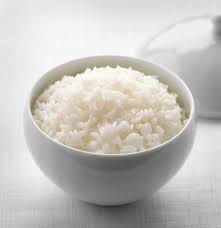
A staple of Korean cuisine - white rice!
Throughout your stay in Korea, you’re going to eat a lot of rice — it’s served with most meals, as it pairs well with truly anything and provides a great canvas for more flavorful sauce and protein elements of Korean dishes.
It’s also a great way to combat too much spice in a dish. It is not considered rude to not finish every grain of rice, so don’t feel pressured. Eat what you’re comfortable eating and no more.
You can also feel free to mix in a sauce with the rice or eat it directly with a meal rather than a side dish on its own, but this isn’t the case in all Asian countries so think twice before doing this in a country like Japan.
And remember, do not raise the rice bowl! It’s more acceptable to have a serious stoop while you’re eating than it is to pick up the bowl of rice you’re eating from.
Those are 14 Korean Table Manner tips that you can use for your next Korean meal or outing! Hopefully you found it helpful and not too complicated - you'll get it in no time!
